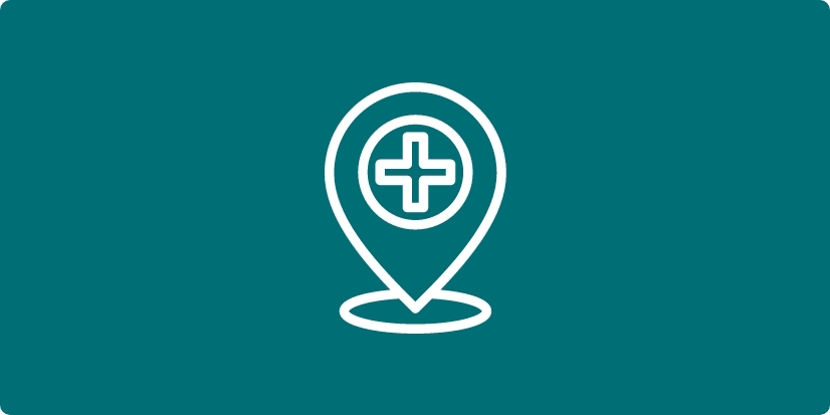Structural Heart Valve Program
University Medical Center Structural Heart Valve Program
The architecture of your body’s strongest organ is critical to supporting its ability to function. If you were born with structural heart disease or developed the condition over time, you know the challenge of living with structural heart disease firsthand. A defect in your heart’s valves, walls, or chambers may impact your quality of life by causing a variety of symptoms associated with heart disease, including:
- Chest pain
- Irregular heartbeat
- Shortness of breath
The Structural Heart Valve Program at University Medical Center New Orleans is staffed by a multidisciplinary team of experts to:
- Manage congenital heart conditions
- Diagnose and treat acquired structural heart conditions
We use the latest technology and techniques available to deliver high-quality care tailored to meet your needs.
Types of structural heart disease
- Aortic valve disease
- Congenital heart disease, such as atrial septal defect and ventricular septal defect
- Hypertrophic cardiomyopathy
- Mitral valve disease
- Tricuspid and pulmonic valve disease
Diagnosing your condition
Finding and treating structural heart disease early is critical to enhancing
your outcomes through treatment. If you are in the care of a general cardiologist,
interventional cardiologist, or cardiovascular surgeon, the specialist
may refer you to our Structural Heart Valve Program for evaluation.
We begin our diagnostic process with a complete physical exam. We then
conduct additional tests that are appropriate for you, which may include:
- Cardiac MRI scans
- CT scans
- Echocardiograms
Personalized treatment options
For years, doctors had only one option to correct structural heart diseases—open heart surgery. Today, cardiac specialists have a wealth of minimally invasive approaches at their fingertips to address a spectrum of structural heart conditions. Cardiac surgeons can perform transcatheter aortic valve replacements (TAVR), otherwise known as percutaneous valve replacements, through smaller incisions during shorter procedure times, resulting in:
- Little to no scarring
- Less blood loss
- Decreased pain
- Shorter hospital stays
- Faster recovery
- Fewer complications
Specialists at University Medical Center New Orleans offer various procedures for structural heart disease, including:
Transcatheter aortic valve replacement (TAVR)—If you have a damaged heart valve, TAVR is an option to support the valve without removing it. TAVR, a minimally invasive procedure, repairs the valve without removing the old, damaged valve. Similar to a stent placed in an artery, the TAVR approach delivers a replacement valve through a thin flexible tube that guides the valve to the heart through an artery where it is expanded into place. It does not remove your old valve, it fits within the diseased valve.
Transcatheter Mitral Valve Repair (Mitral Clip)—Minimally invasive procedure that may be an option for patients with severe mitral regurgitation and are high risk for open heart surgery. In this procedure, a clip will be implanted onto the mitral valve to reduce the amount of mitral regurgitation.
Left atrial appendage occluder (Watchman)—Patients with atrial fibrillation are at increased risk of stroke because blood can collect in the left atrial appendage and form clots. If the clot escapes, it can go to the brain and cause a stroke. Watchman is a permanent implant that closes off the part of the heart where blood clots commonly form.
For more information about the University Medical Center New Orleans Structural Heart Valve Program, call 504.702.3401.

